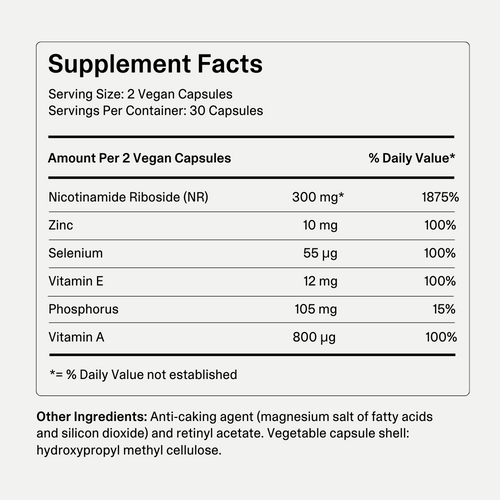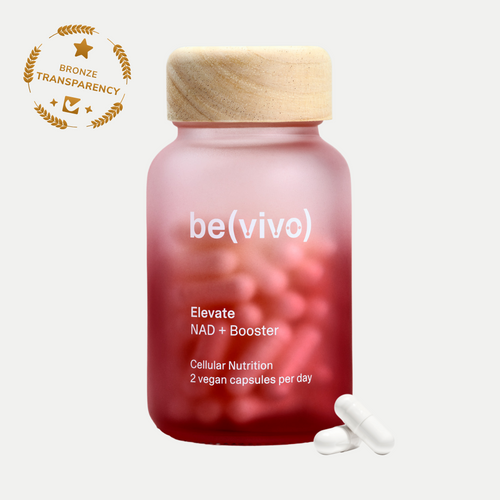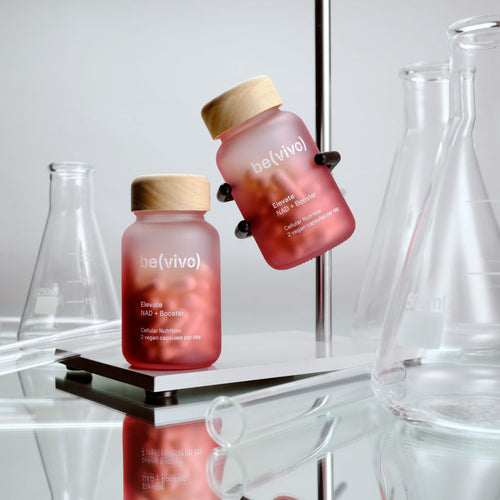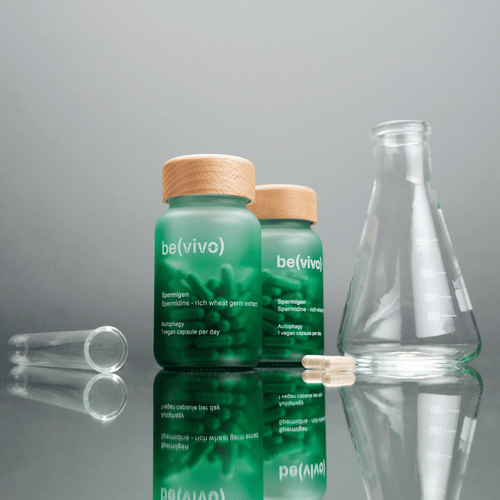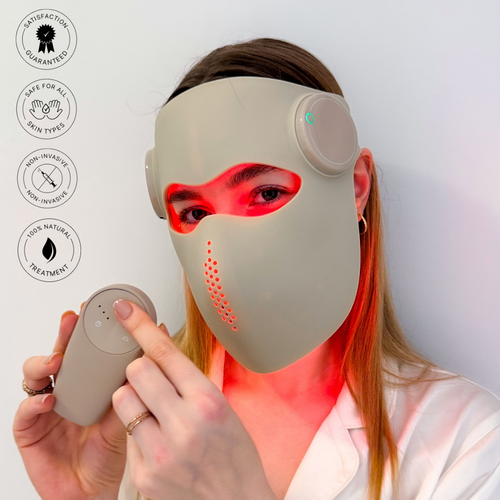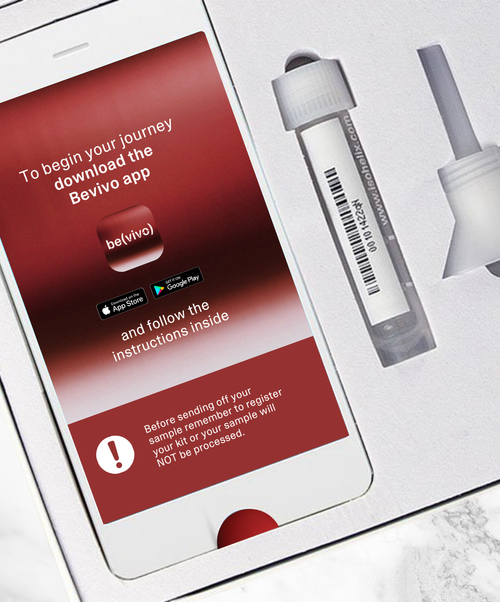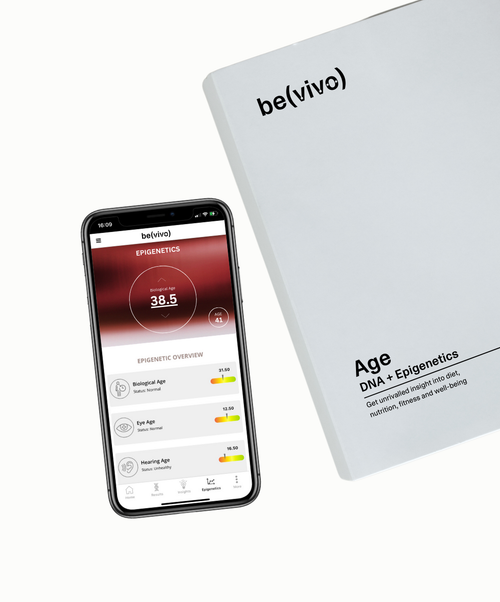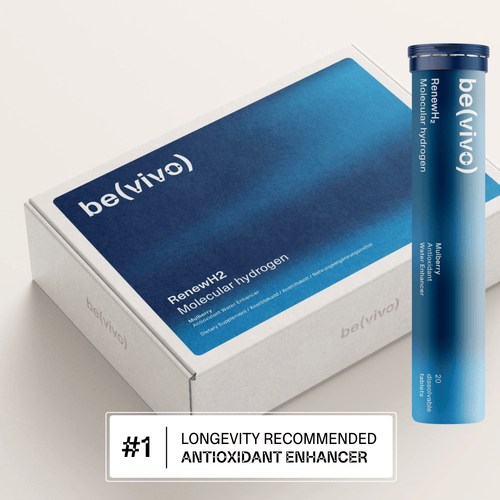Biohacking trends in 2024
One of the questions that get asked a lot is, is what are the latest biohacking trends. We have looked at 10 popular trends for 2024. However, it's important for us to note that biohacking has become a movement where it is almost impossible to cover all trends.
1. A movement toward science-driven efficacy
Mindbody and ClassPass’s annual forecast highlights a transition in 2024 consumers from falling for misinformation to prioritizing science-based, performance-oriented products and services. According to the report, consumers are now relying on clinical studies and research as a basis for their wellness decisions, while becoming more discerning about the substances they consume and the sources they trust for guidance.
2. Nicotinamide Adenine Dinucleotide (NAD)
Nicotinamide Adenine Dinucleotide (NAD) is surprisingly still on the cusp of widespread popularity. It will take at least another year before it sees significant public adoption. However, those who have embraced it early are strong advocates of its comprehensive potential to enhance the human body.

NAD is essential in the body, acting as a coenzyme involved in more than 500 cellular functions, such as energy production and DNA repair. Our flagship longevity supplement Bevivo Elevate contains the NAD precursor NR - read more about that here.
3. Gut Health
Digestive health has emerged as a significant health trend because a well-balanced and healthy gut not only supports efficient digestion but also impacts overall well-being, including immune function and mood regulation. Supplements targeting gut health as well as increased focus on gut friendly diets are trending.
4. Cold therapy treatments
Cold plunges and cryotherapy will keep gaining popularity due to their effectiveness in reducing inflammation, speeding up muscle recovery, boosting immune systems, and balancing brain chemistry.

5. Saunas and Heat therapy
Heat therapies, such as hot saunas and red light saunas, are becoming increasingly popular. They offer not only a relaxing experience but also promote cardiovascular health, aid in detoxification and weight loss, and relieve muscle tension.
6. Biomarker testing
You can expect an increase in awareness and usage of biomarker tests in our culture, because they offer personalized insights into individual health profiles and enable proactive wellness by assessing specific indicators that go far beyond traditional diagnostics. Bevivo Age is epigenetic at-home test that measures your biological age.
7. Wearable Health tech
Devices like sleep trackers, glucose monitors, step counters, and smartwatches will soon have company, but they will also expand their capabilities. We can anticipate the rise of more at-home, wearable brain-optimization gadgets such as Neurovizor and Sensai gaining popularity.

8. Wellness Retreats
The growing popularity of wellness getaways highlights a widespread desire for comprehensive well-being. Individuals interested in biohacking seek revitalizing experiences that are enjoyable and incorporate self-care practices, mindfulness activities, and healthy lifestyle choices, typically in picturesque locations.
9. Red light therapy
Red light therapy is becoming more popular due to its effectiveness in promoting cellular repair, reducing inflammation, and improving skin health. As the range of light colors used expands, so does our understanding of its benefits.
10. Inflammation
As one of the top five health issues affecting millions, there are exciting advancements in addressing inflammation and pain. New sound-based devices like StemWave are being developed to activate stem cells in the body, reducing pain. Psychedelics such as ketamine and psilocybin are also being explored for pain management.
Additionally, expect to see more potent turmeric-based supplements combined with other anti-inflammatory nutrients. As our understanding of inflammation’s role in disease grows, so do our efforts to combat it. For example, NAD optimization has been shown to significantly reduce inflammation.





